Another year done!
OPINION: Well another year is rapidly ending and 2023 will shortly be consigned to the history files. Where has it all gone?
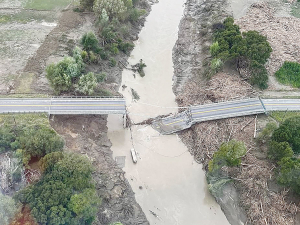 Cyclone Gabrielle caused damage across the North Island's east coast in February. Photo Credit: Chorus.
Cyclone Gabrielle caused damage across the North Island's east coast in February. Photo Credit: Chorus.
The past year has been one of extremes in almost every way; from weather to costs - it appears as if everything that has happened in 2023 has been big. However, while there have been extreme hindrances, there have also been notable victories for farmers during the year. Leo Argent looks back on 2023 and highlights the moments - big and small.
General
While all Kiwis are affected by the cost of living crisis, rising on-farm costs - fertiliser, regulations, inflation, etc. - put significant financial pressure on farmers. This had a knock-on effect of reducing the money farmers spend locally and nationally, significantly impacting the economy.
Within the span of a month, the Auckland Anniversary floods and Cyclones Hale and Gabrielle caused unprecedented damage to the North Island, sparking states of emergency and leaving thousands severely impacted with effects to be felt not only throughout the year, but many years to come.
January
Released late December 2022, Rabobank's rural confidence survey revealed a historic low of -71%. A similar study by Federated Farmers in February showed similar numbers. By April, confidence slowly began to rise again, but the last two quarters nosedived to even worse levels.
In a surprise announcement, Jacinda Ardern resigns as Prime Minister, with Chris Hipkins being selected as new Prime Minister shortly afterwards.
Federated Farmers calls for a government inquiry into the impact of the forestry industry on the damage caused by the extreme weather events, blaming overzealous planting as part of the ETS and poor oversight as causes of slash being washed downstream.
February
As a result of heavy frosts and cyclone/flooding damage, fruit and vegetable volumes take a significant slump; many growers lose their entire crops.
Although not new, the outdated state of many roads is laid bare by the extreme weather events, pushing road maintenance - to being a major election talking point.
MPI announced the On Farm Support Initiative, with the goal of improving connections between MPI and farmers through establishing presence on farm.
March
Despite the gloom caused by the extreme weather, NZ communities pull together to support each other with unprecedented levels of charitable donations and support for those affected.
Monarch introduces the first electric tractor into New Zealand.
Farmer advocacy groups BLNZ and DairyNZ are accused of promoting the controversial HWEN proposals without adequately advocating or consulting with farmers, deceiving them as to the true costs. BLNZ chair Andrew Morrison is subsequently dumped and a vote of no confidence is proposed for the board.
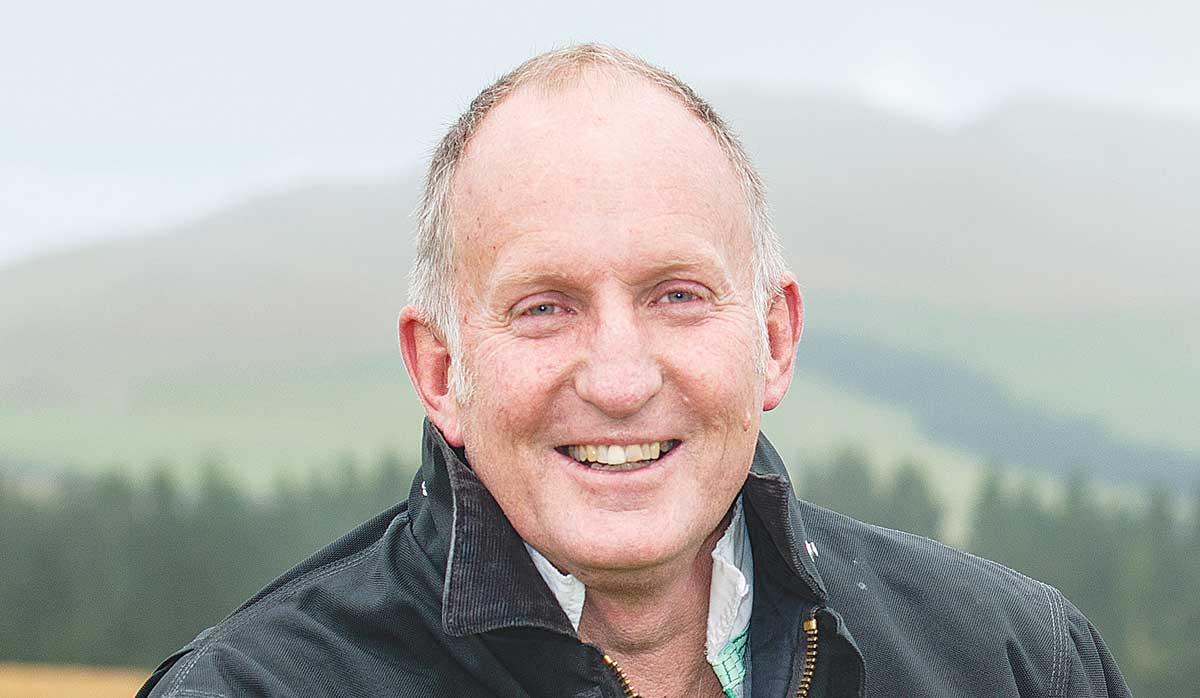 |
|---|
|
Beef and Lamb chair Andrew Morrison was voted out by farmers in March. |
April
The ban on live exports - estimated to bring in $500m in export revenue takes effect.
Westland Milk reports, for the first time, $1b in annual revenue. On a similar note, Craigmore Sustainables reports $1b in assets in November.
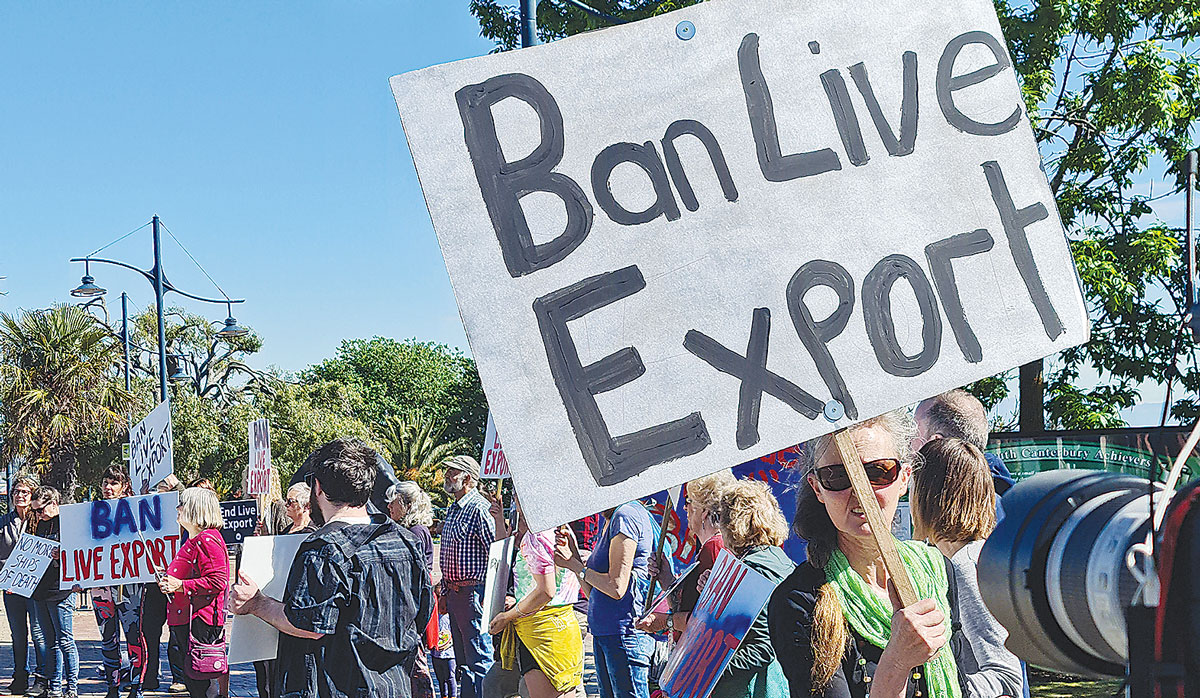 |
|---|
|
April saw the Labour Government ban live cattle exports. |
May
A new FTA with with the UK removes tariffs on exported goods either immediately or over a 15 year period and is described as the best outcomes New Zealand has ever reached in a trade deal.
Andrew Hoggard resigns as Federated Farmers president in order to stand (later elected) as an Act party candidate. Wayne Langford is subsequently elected Feds president in July.
June
Bionic capsules, which had previously been used to deal with worms and other problems in sheep, are banned.
National announce that, if elected, it will overturn the effective ban on gene editing and modification in New Zealand.
July
After years of back and forth legal challenges, New Zealand honey groups choose not to appeal the latest NZIPO ruling finding that NZ has no exclusive rights to the name 'manuka honey'.
PGG Wrightson chair Lee Joo Hai steps down due to facing charges of breaching information disclosure rules in Singapore.
Emma Poole becomes the first woman to win Young Farmer of the Year.
Major controversy erupts as the Ministry of Education awards an $8m contract for carpeting in schools to an American company using synthetics rather than home-grown wool - drawing criticism from industry groups, politicians, teachers and even Ag Minister Damien O'Connor.
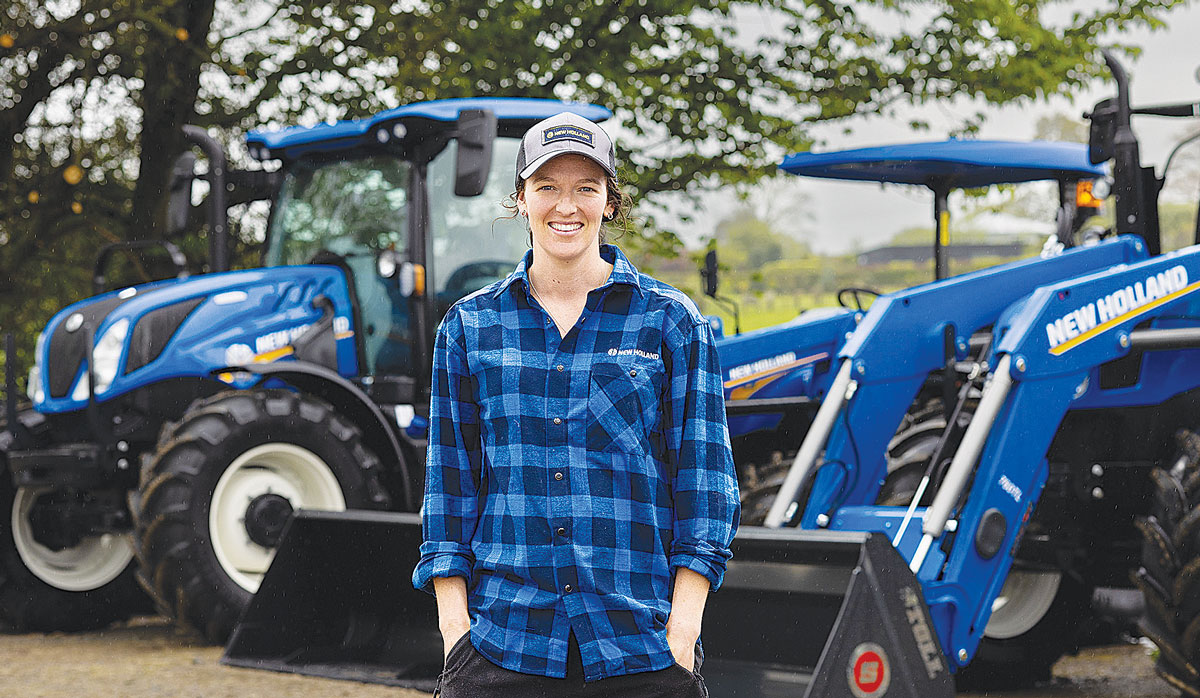 |
|---|
|
In July, Emma Poole became the first woman to win the Young Farmer of the Year contest in the more than 50 years that the competition has been run. |
August
Farmgate milk prices drop severely to $6.75/kgMS. Although not the largest milk price drop in the country's history, it still puts most if not all dairy farms into loss territory. Fonterra temporarily suspends docking of milk cheques for minor quality downgrades.
September
In a legal case alleging Canada had been shutting New Zealand dairy out of Canadian markets it should have access to under the CPTPP, the verdict comes in favour of New Zealand. This puts in motion steps to undo Canada's protectionist policies and open up export opportunities for Kiwi farmers.
Revenue performances of the world's major dairy companies show significant restructuring, with Fonterra dropping from sixth to ninth place in global rankings.
Funding for the relocation of international GPs to rural practices becomes available through Te Whatu Ora; up to $20,000 plus PAYE and ACC levy.
Simon Limmer announces he's leaving Silver Fern Farms after five and a half years as chief executive.
October
Dairy co-operative Tatua has a record payout of $12.30 per kgMS, far ahead of Fonterra's $7.25 offering.
Federated Farmers calls for a Commerce Commission investigation into banks setting greenhouse gas reduction targets, claiming that banks are collaborating together on non-competitive lending strategies.
Campbell Parker takes over as chief executive of DairyNZ, replacing Tim Mackle who resigned in June after 15 years in the role.
After several years of poor performance, joint Kiwi-Chilean dairy enterprise Chilterra collapses and goes into judicial reorganisation, wiping out millions of dollars of Kiwi investment.
The general election sees Labour voted out of office after six years in power.
November
Fonterra chief financial officer Neil Beaumont mysteriously resigns after only nine months in the role, confusing shareholders and raising many questions as to the reasons why.
After the October election saw Labour defeated but with no individual party majority, National, Act and NZ First finalise a coalition deal for the next three years of government.
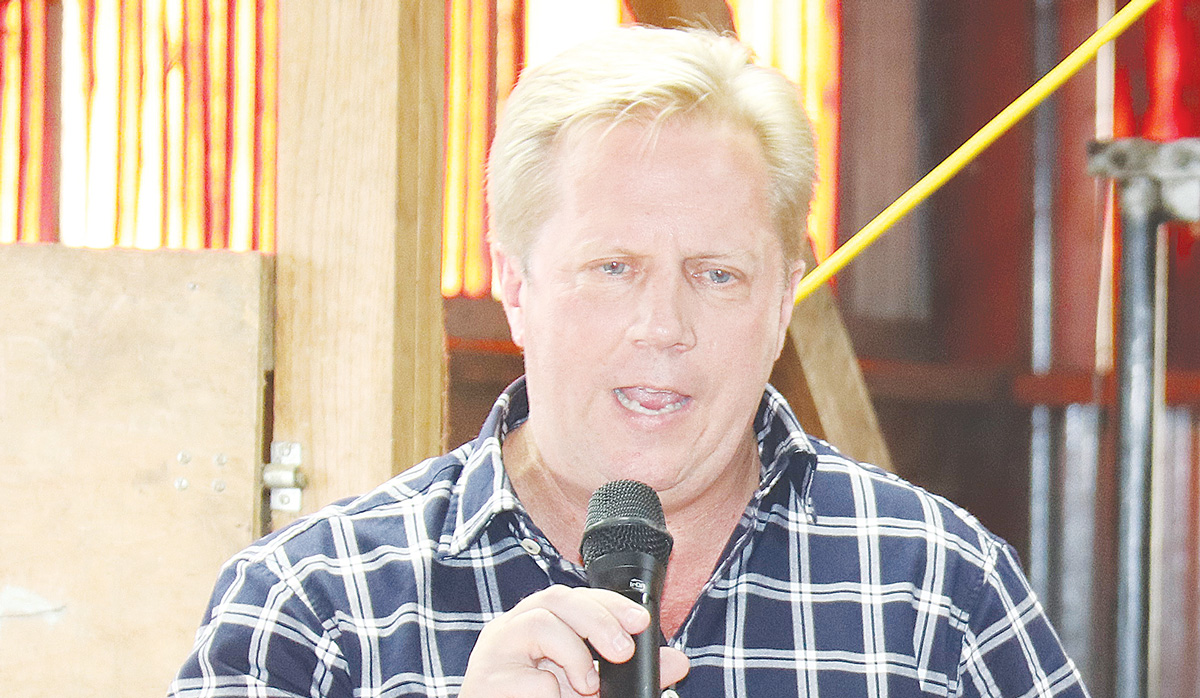 |
|---|
|
Todd McClay was named Agriculture Minister after the election of the new coalition government in October. |
Agriculture is given a boost in the new coalition government with the appointment of Todd McClay as agriculture minister. There are also three associate agriculture ministers named - National's Nicola Grigg, Act's Andrew Hoggard, and NZ First's Mark Patterson.
The Meat Industry Association of New Zealand (MIA) today announced that Chief Executive Officer Sirma Karapeeva has resigned from the role.
The winners of the 2026 Hawke’s Bay/Wairarapa Dairy Industry Awards were announced at the annual awards dinner held at Copthorne Solway Park in Masterton on Thursday evening.
Environment Southland is welcoming this week’s decision by the Environmental Protection Authority (EPA) to approve the release of Blaptea elguetai, a leaf‑feeding beetle that will help control the highly invasive Chilean flame creeper.
This March, the potato industry is proudly celebrating International Women’s Day on 8 March alongside the International Year of the Woman Farmer, recognising the vital role women play across every part of the sector — from paddocks and packhouses to research, leadership, and innovation.
Fruit trader Seeka posted a record profit and returns to shareholders in 2025.
Recent weather events in the Bay of Plenty, Gisborne/Tairawhiti, and Canterbury have been declared a medium-scale adverse event.

OPINION: A mate of yours truly reckons rural Manawatu families are the latest to suffer under what he calls the…
OPINION: If old Winston Peters thinks building trade relations with new nations, such as India, isn't a necessary investment in…